One has to look cautiously into the pros and cons of the solar energy system before deciding on it, because it is a huge step into environmental conservation. Nowadays, grid-linked solar systems are very popular among households and businesses, particularly when it comes to discussing more and more of it. It would have a lot of advantages, but the disadvantages might also be worth mentioning. So let us take a look at these minute issues of grid-connected solar energy systems and whether or not they will suit your needs.
1. Dependence on the Grid
The main disadvantage of a grid-connected solar energy system is that they completely depend on the power grid for any of its operations. Off grid systems can operate perfectly independently; thus any fault in the power grid will cause the grid-connected system failures.
- Lack of Power During Power Cuts: If the power grid goes out, your solar energy system will also shut down. Although this situation occurs for safety measures to secure people working on the power grid from being accidentally electrocuted, it also means that even on sunny days your house will not have electricity during a power outage.
- Limited Energy Independence: The grid-dependent system cannot supply energy entirely on its own; it still has to rely on the grid's source. At night or when the sky is cloudy, the solar energy it produces is not enough, so it still has to lean on the grid.
2. Initial Investment with Limited Return
Grid-tied systems are relatively costlier compared to off-grid systems which require a lot of installation sum just for battery storage, however, it is still cost lifting.
- Limits of the Net Metering:Indeed, in many places there are net metering policies, allowing these selling of excess electricity back into the grid. However not everywhere will the places be so friendly with you having put up limits on you and giving compensation from the power company to have very little return from what you sell.
- No Storage Options: Without the batteries, any surplus power generated during the day goes directly into the grid but is not stored for later utilization; hence you cannot take full advantage of solar energy.
3. Susceptibility to Grid Problems
The reliability of your entire grid-connected solar installation is hence entirely dependent on the regional power grid. If there is something wrong with the grid, your system shall be affected as well.
- Voltage Fluctuations: Voltage suddenly shoots up, and the frequency goes to shooting back and forth when power to the grid is unstable which is likely to affect the phenomenon.
- Restrictions on Technology: Some electric companies cap the connected solar power system for no more than an allowable capacity to connect it to the grid, limiting you further from having a big enough system.
4. Environmental and Space Constraints
On grid solar systems have been friendly to the environment, although there are logistics and environmental problems involved in their installation.
- Land or Rooftop Space Requirement: Solar panels cannot be installed without an adequate amount of available land or roof top space that is sufficiently receiving sunlight. Lack of space or shading caused by proximity to buildings or trees reduces the efficiency of the system.
- Environmental Effects during Installation: Short-term environmental impacts include energy consumption as well as material extraction and waste that can potentially result during manufacture of solar panels.
5. Maintenance and Lifespan
Even if solar systems are usually low-maintenance, a little maintenance is still needed to keep their peak performance.
- Inverter Maintenance: This a vital part, which is an inverter that converts solar energy into electrical energy, comparatively much less durable from photo-voltaic panels, lasting only 10 to 15 years. The costs accumulate when this part has to be changed.
- Cleaning of Panels: Dust, debris, and dirt can accumulate on the panels and reduce their efficiency. Regular cleaning is very necessary especially in dirty and dusty areas.
6. Challenges related to Policy and Regulations
The efficiency of an on-grid system is determined mostly by local regulations and ordinances.
- Uneven Incentives: To pamper the oblivious masses in saving a fortune on installation costs, the government prefers tax credits and refunds programs. However, they may vary from place to place, and they may change from time to time.
- Barriers to Regulation: Utility companies may tax or require approval to connect with the grid, thus making installation more complex and expensive.
Real-World Example: Net Metering in Action
Whether or not one capitalizes on solar energy in California grossly depends on a thorough understanding of California's net metering policy. The recent changes in this net metering 3.0 policy create a greyer atmosphere where it troubles users who have recently installed solar energy. Such policies reduce their rewards and make them harder to recover costs. This underscores the importance of knowing local regulations and policies before taking the route of installing solar energy.
Balancing Pros and Cons
Though some inadequacies may still exist for grid-connected solar systems, this has not affected the morale of most of the households and even businesses, to install such systems. Leaving aside such little issues, these systems are quite economical and hassle-free. However, if you want to be completely off the grid or live in an area with frequent power outages, it may be advisable to do some research on off-grid or hybrid solar systems.

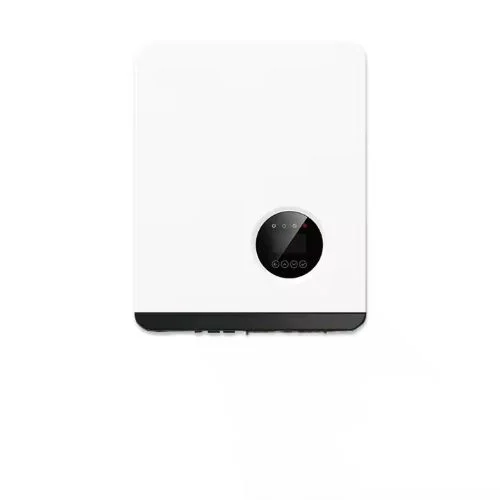
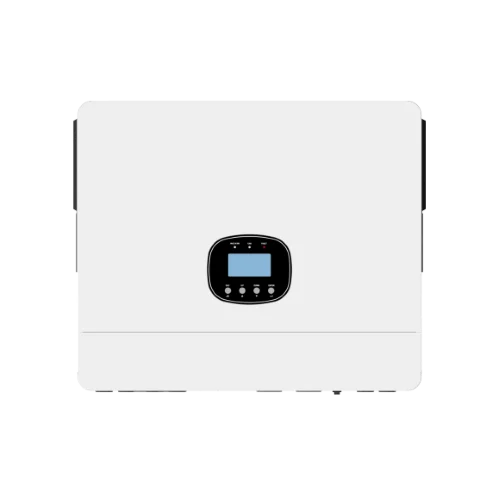
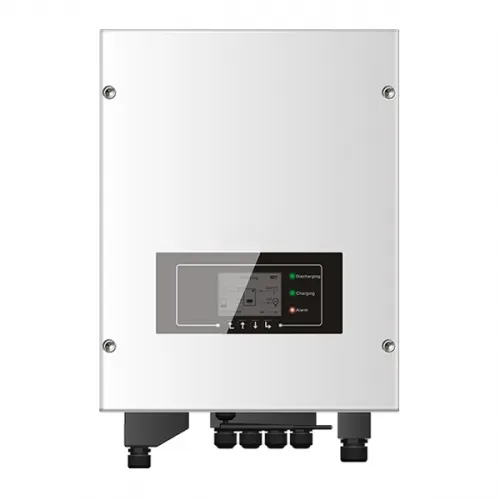
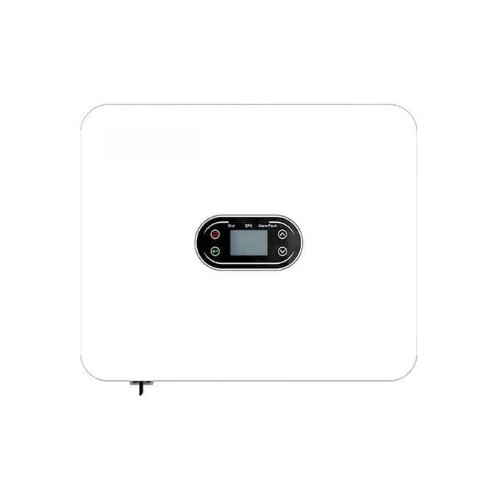
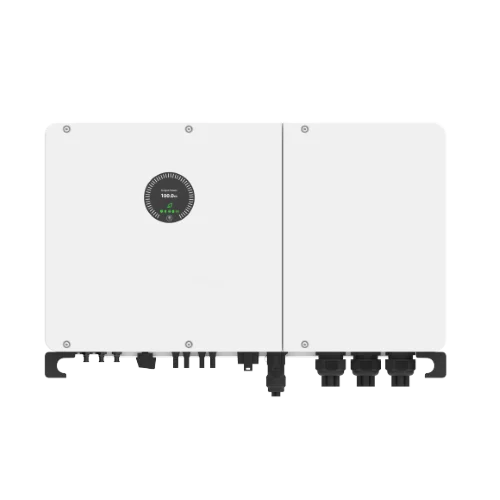
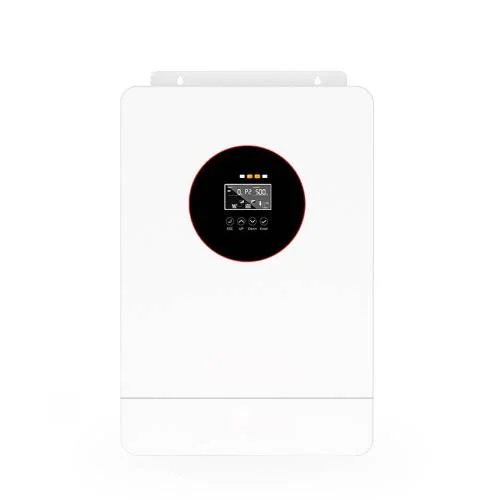
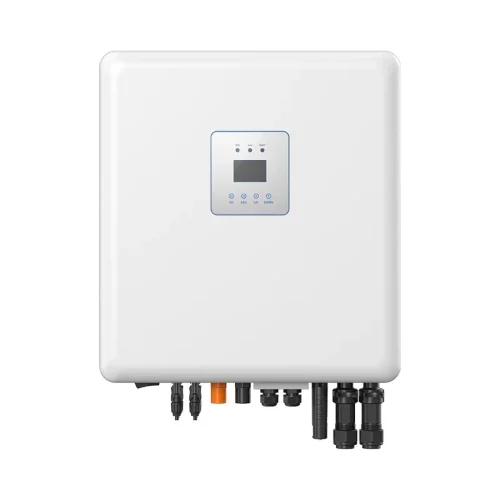
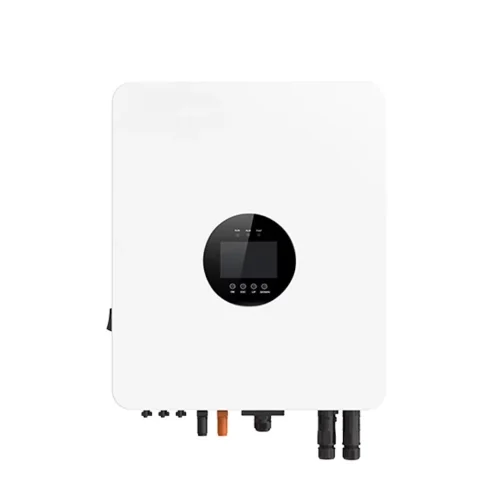
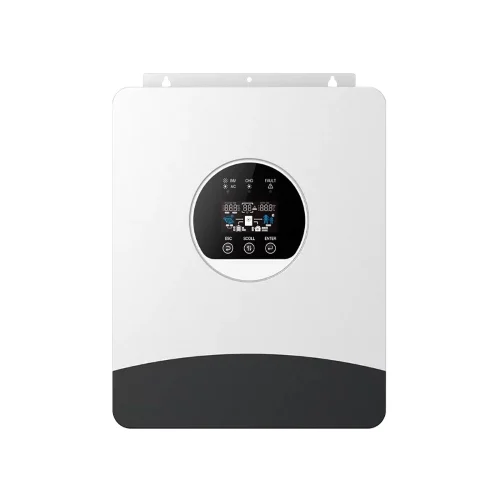
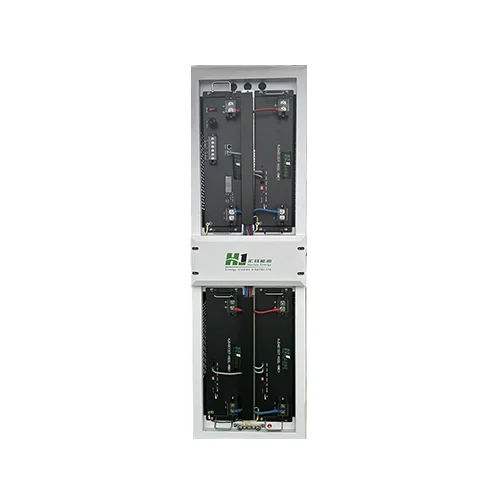
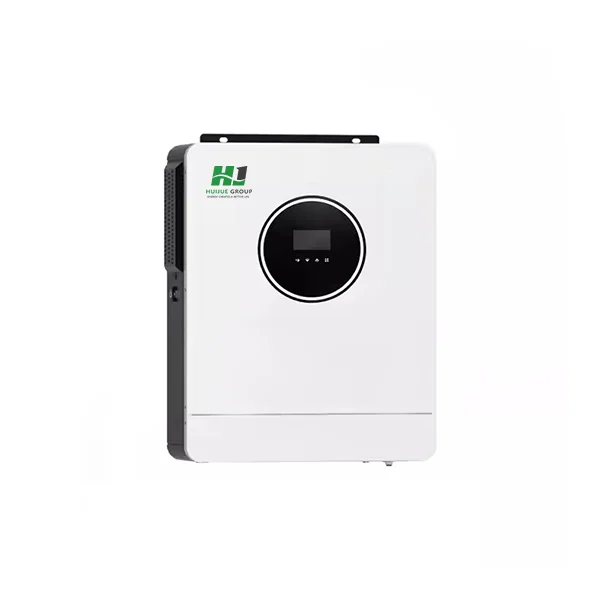
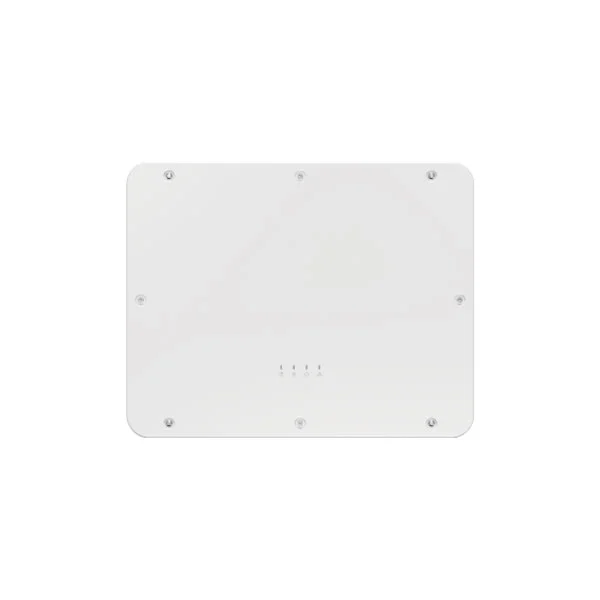
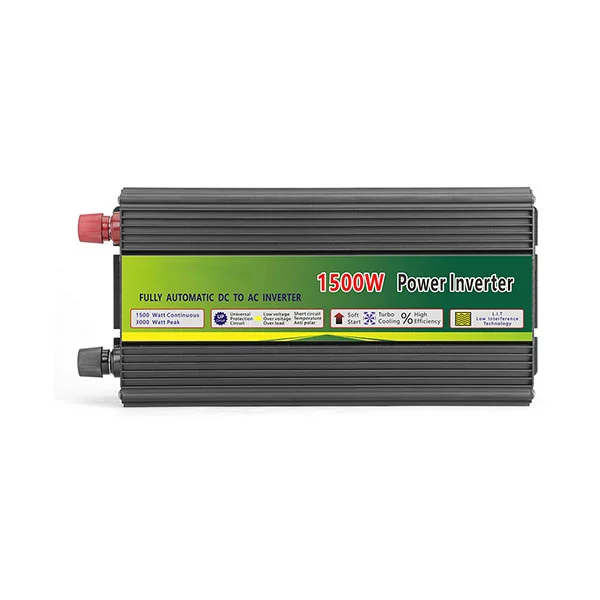
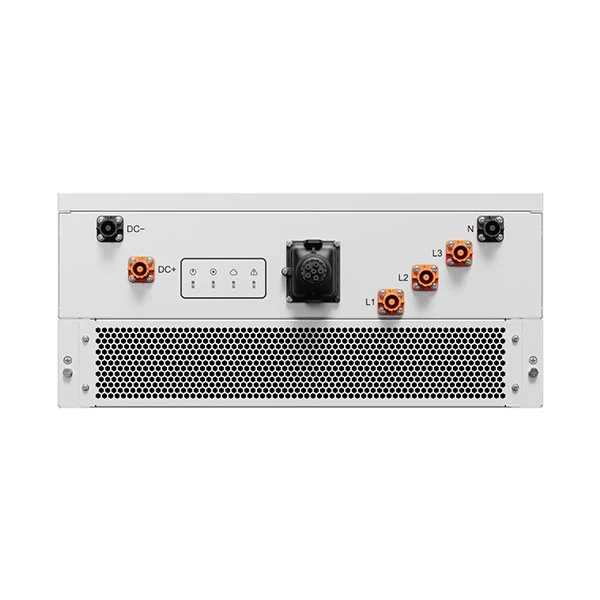
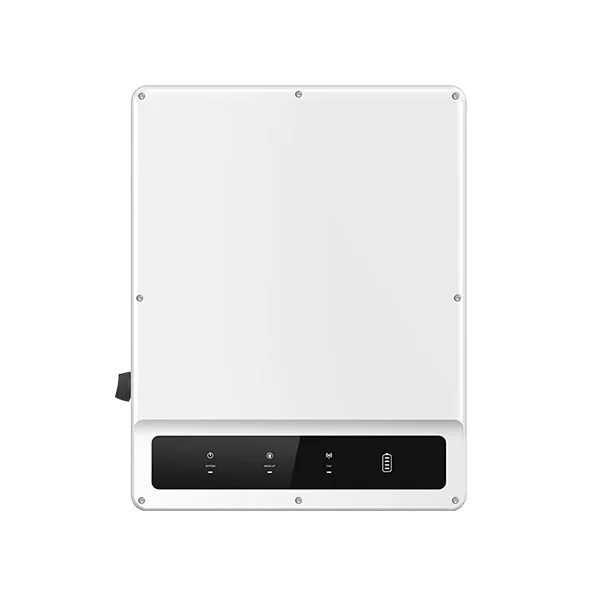
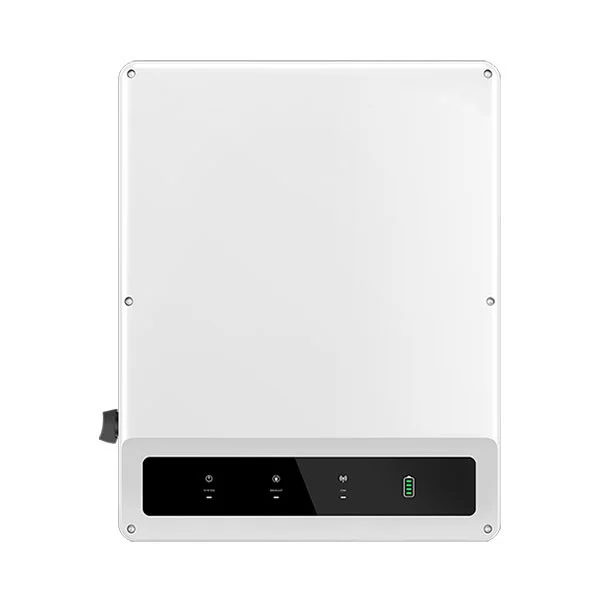
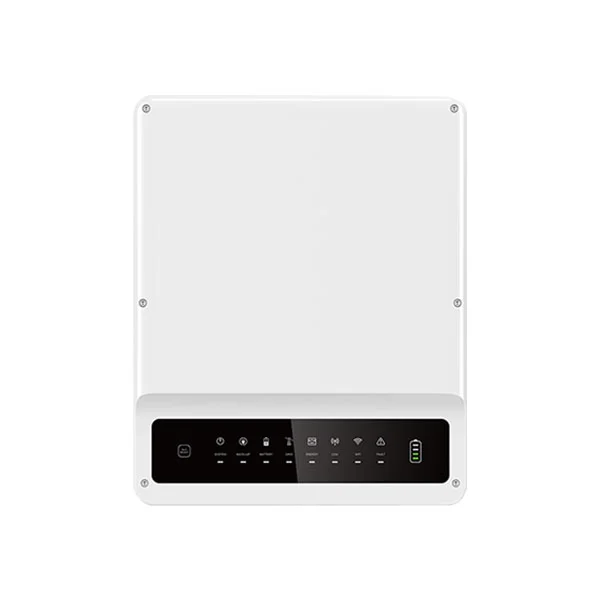
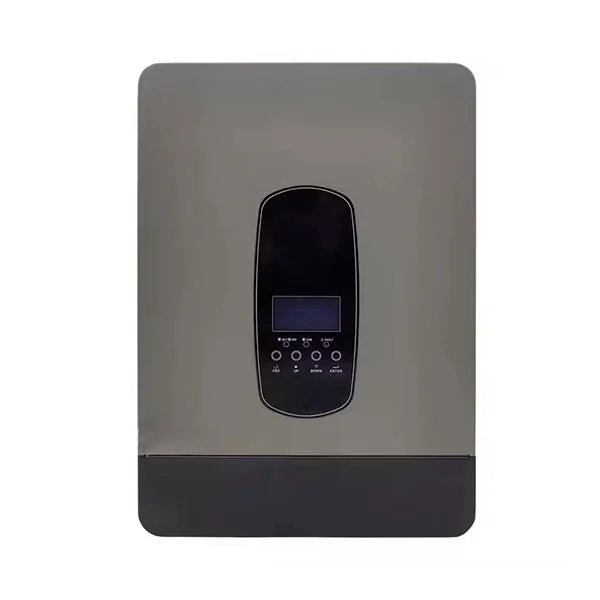
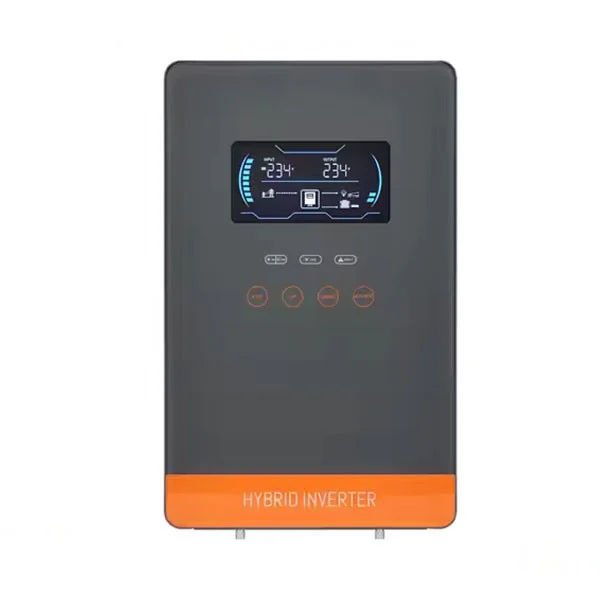

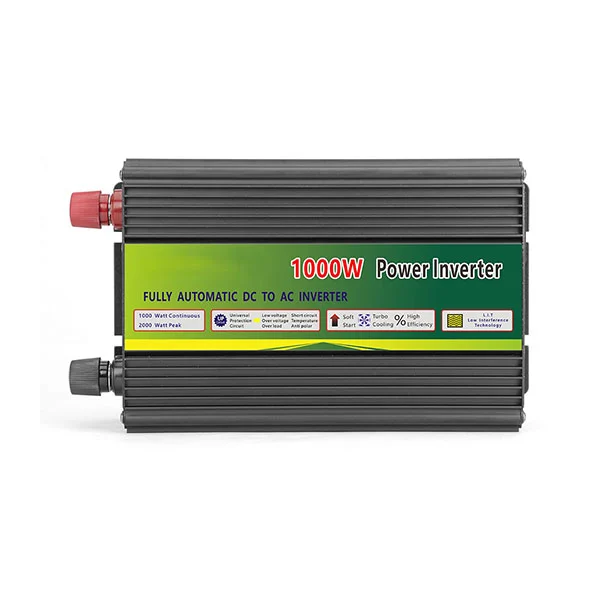
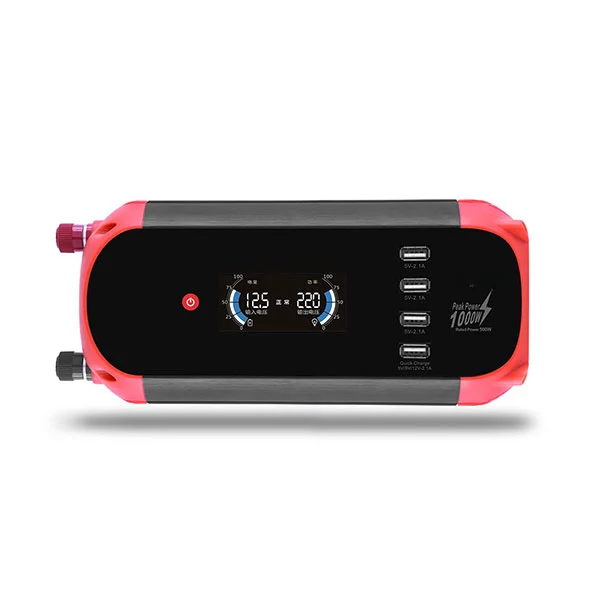
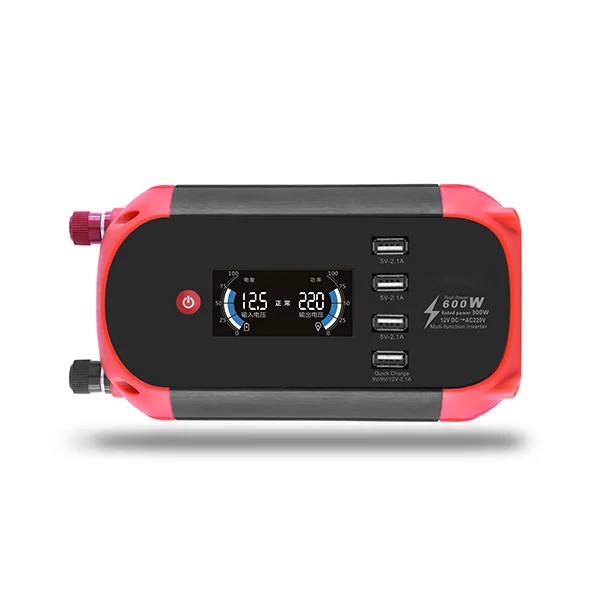
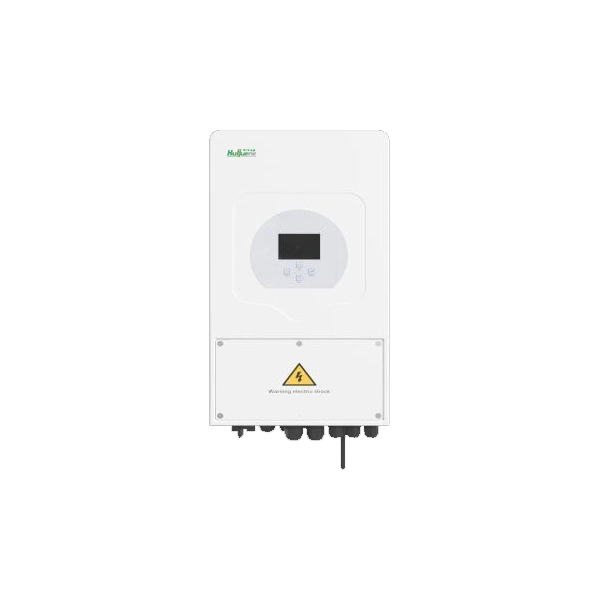
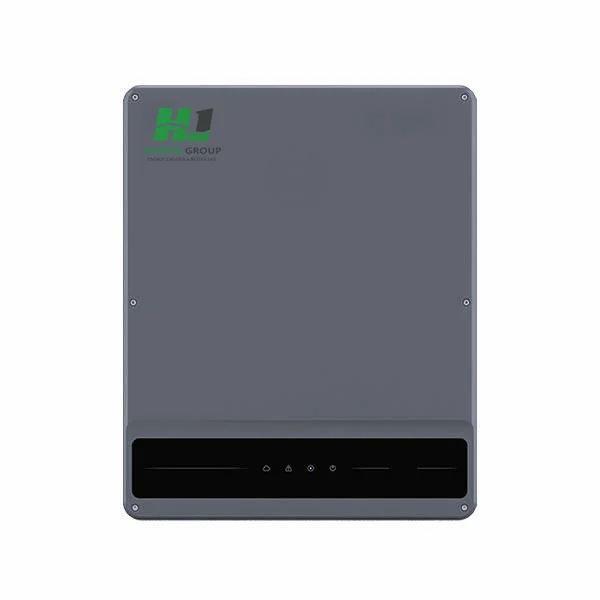
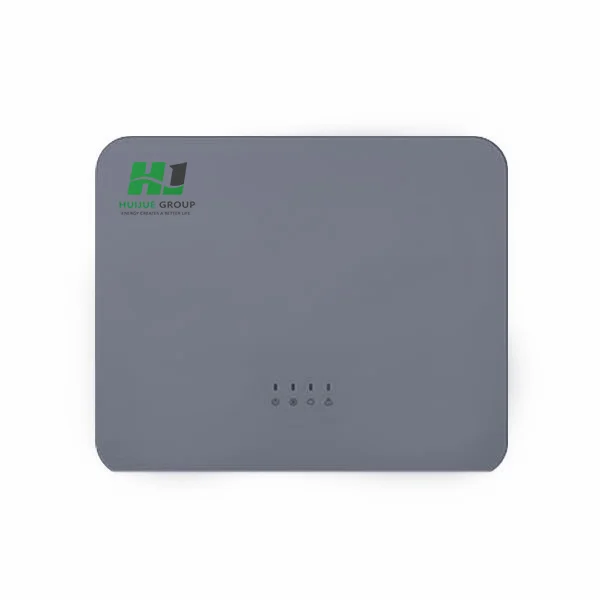
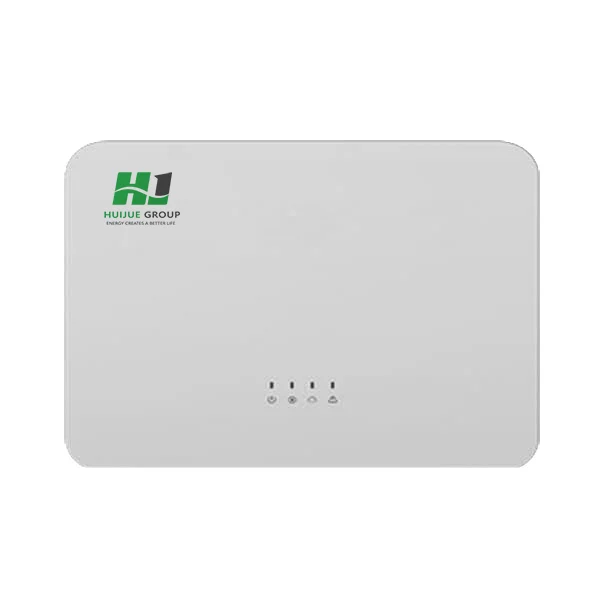
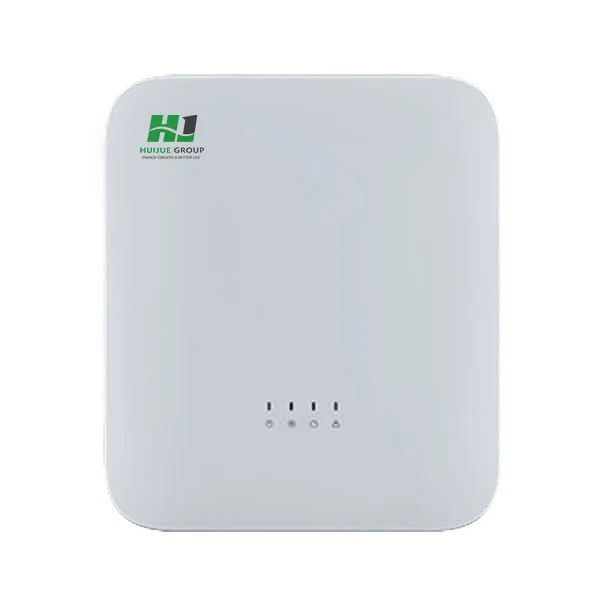
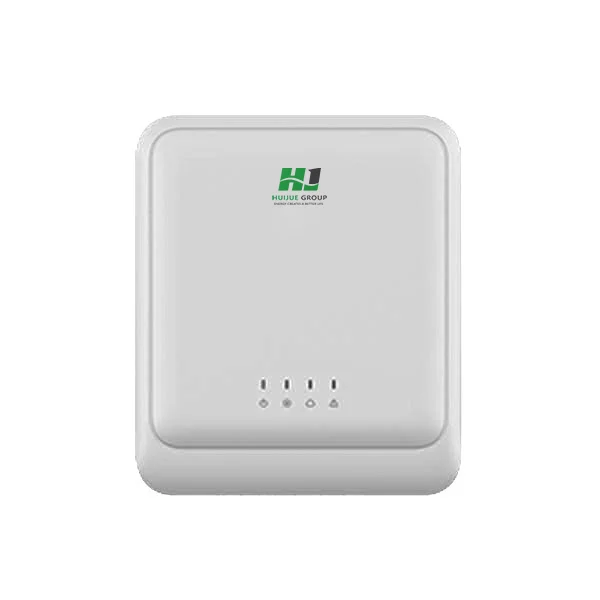
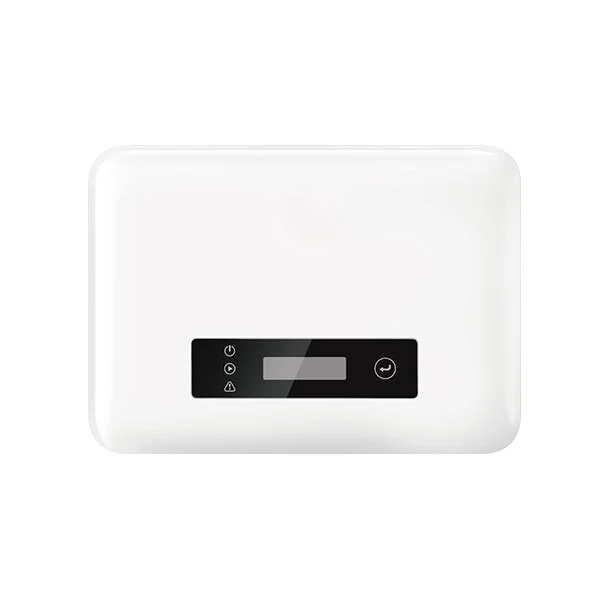
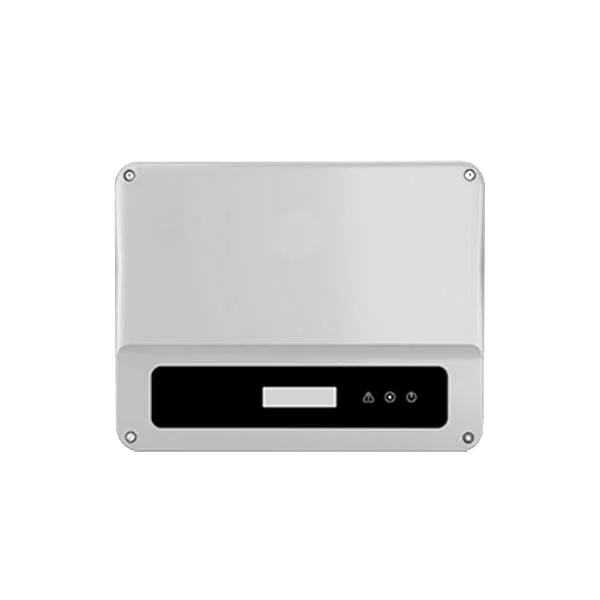
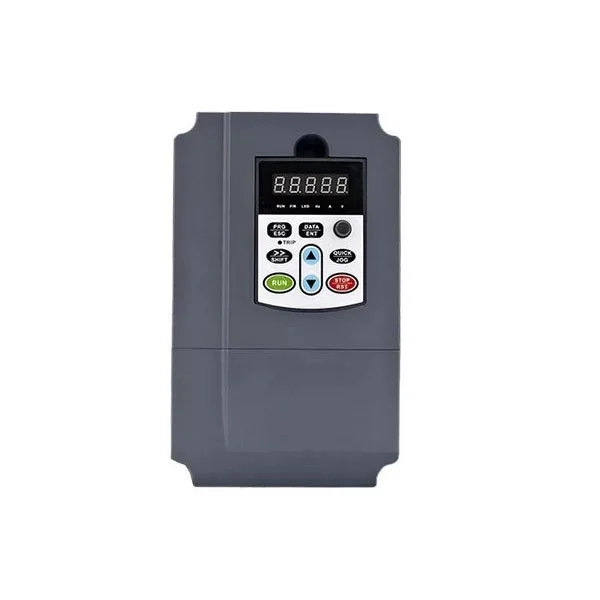
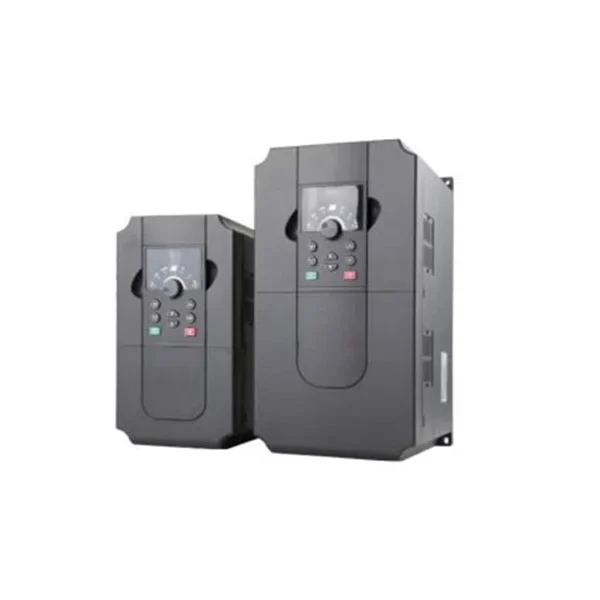
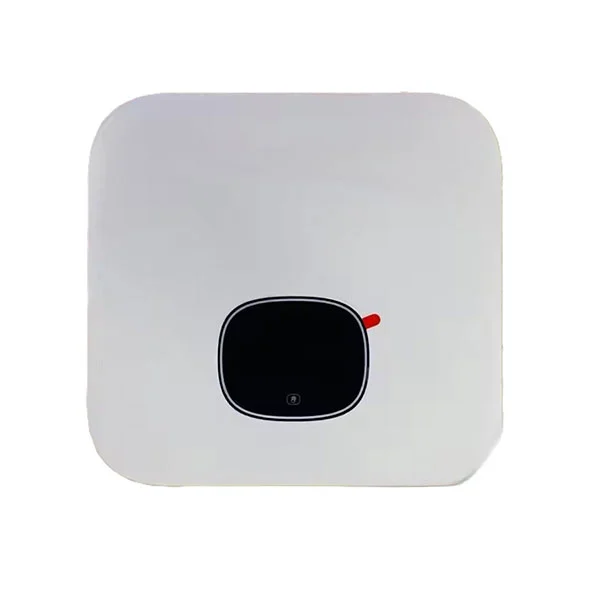

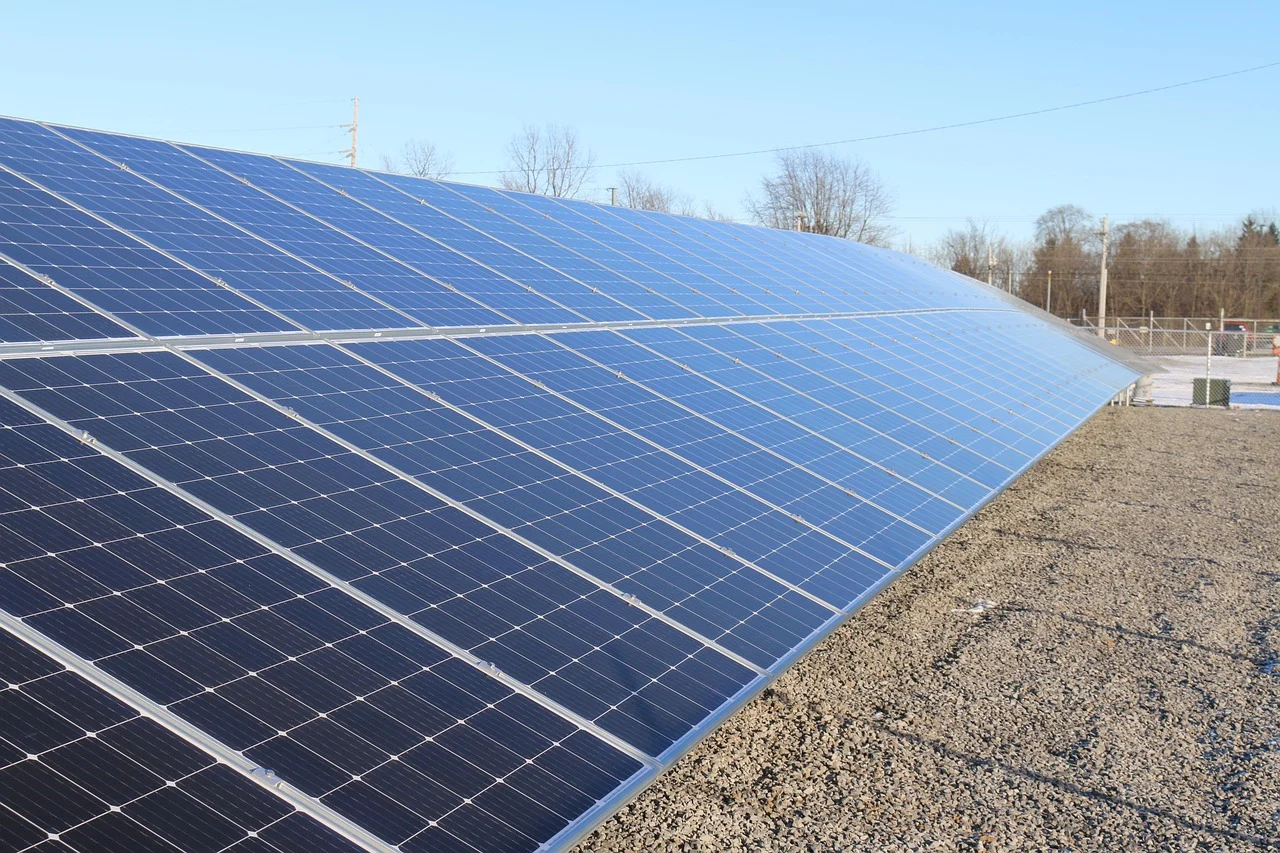
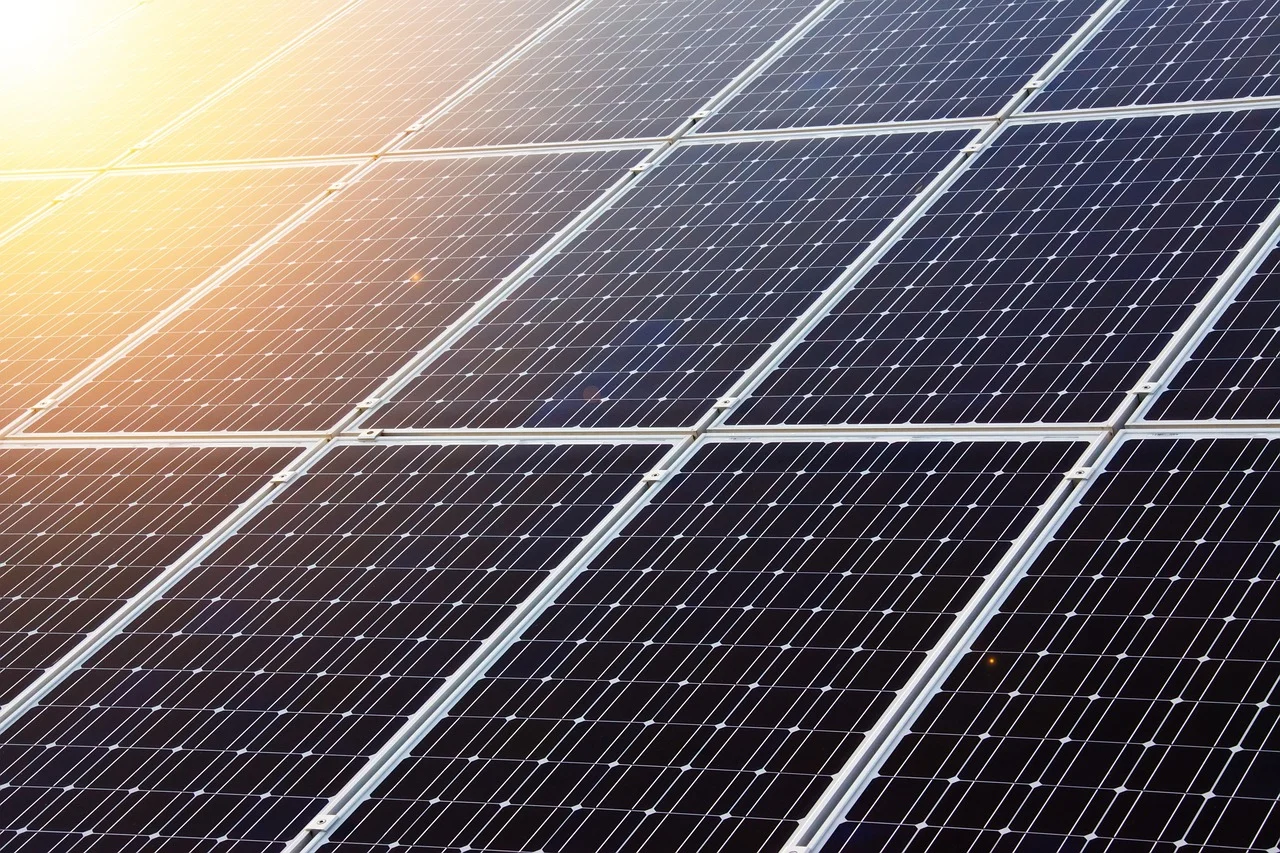
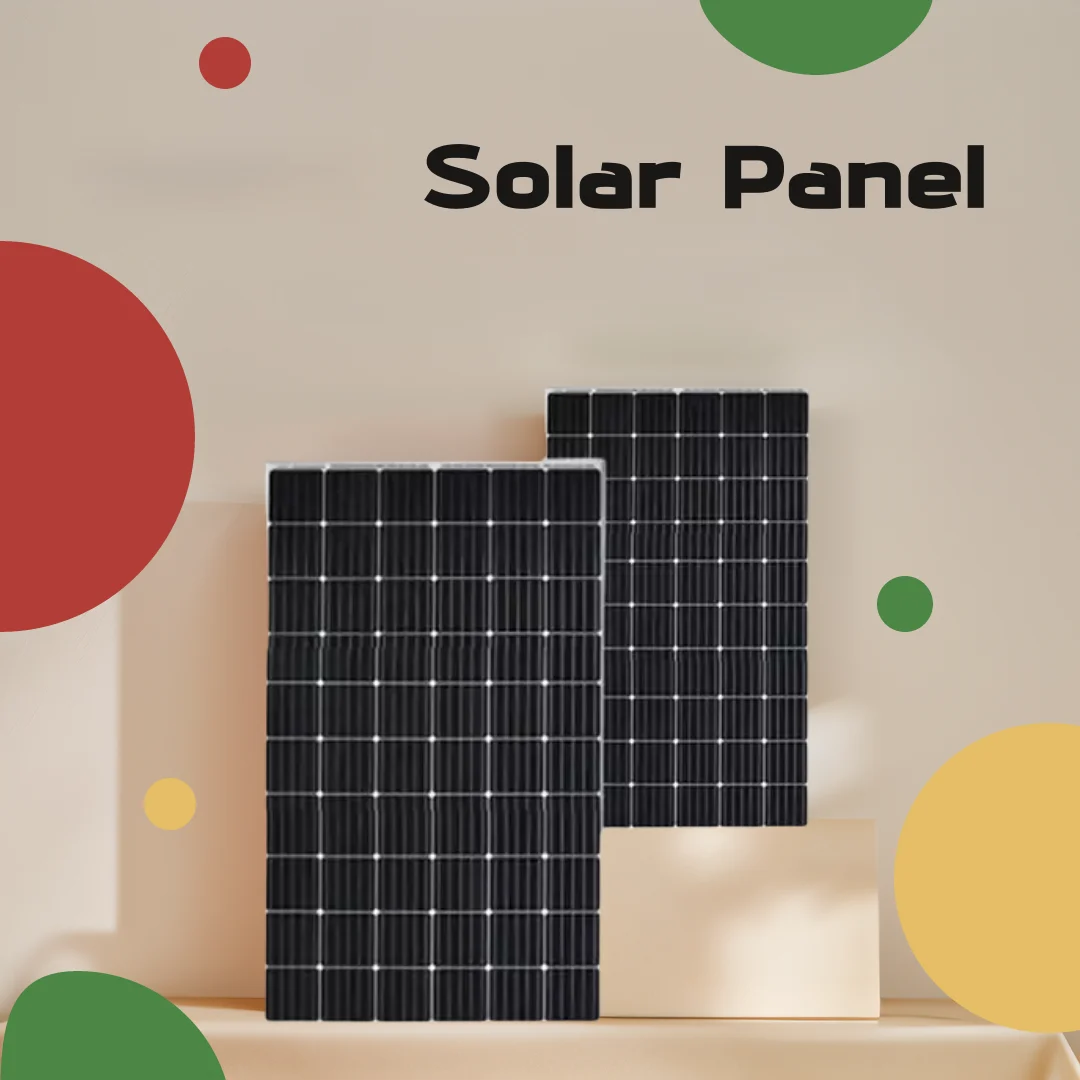
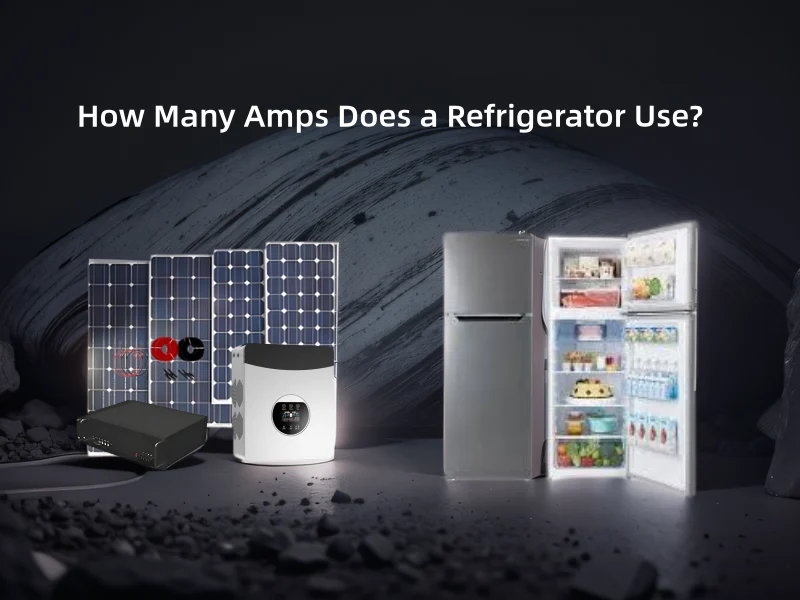
 Afrikaans
Afrikaans Albanian
Albanian Amharic
Amharic Arabic
Arabic Armenian
Armenian Azerbaijani
Azerbaijani Basque
Basque Belarusian
Belarusian Bengali
Bengali Bosnian
Bosnian Bulgarian
Bulgarian Catalan
Catalan Cebuano
Cebuano Chichewa
Chichewa Chinese (Simplified)
Chinese (Simplified) Chinese (Traditional)
Chinese (Traditional) Corsican
Corsican Croatian
Croatian Czech
Czech Danish
Danish Dutch
Dutch English
English Esperanto
Esperanto Estonian
Estonian Filipino
Filipino Finnish
Finnish French
French Frisian
Frisian Galician
Galician Georgian
Georgian German
German Greek
Greek Gujarati
Gujarati Haitian Creole
Haitian Creole Hausa
Hausa Hawaiian
Hawaiian Hebrew
Hebrew Hindi
Hindi Hmong
Hmong Hungarian
Hungarian Icelandic
Icelandic Igbo
Igbo Indonesian
Indonesian Irish
Irish Italian
Italian Japanese
Japanese Javanese
Javanese Kannada
Kannada Kazakh
Kazakh Khmer
Khmer Korean
Korean Kurdish (Kurmanji)
Kurdish (Kurmanji) Kyrgyz
Kyrgyz Lao
Lao Latin
Latin Latvian
Latvian Lithuanian
Lithuanian Luxembourgish
Luxembourgish Macedonian
Macedonian Malagasy
Malagasy Malay
Malay Malayalam
Malayalam Maltese
Maltese Maori
Maori Marathi
Marathi Mongolian
Mongolian Myanmar (Burmese)
Myanmar (Burmese) Nepali
Nepali Norwegian
Norwegian Pashto
Pashto Persian
Persian Polish
Polish Portuguese
Portuguese Punjabi
Punjabi Romanian
Romanian Russian
Russian Samoan
Samoan Scottish Gaelic
Scottish Gaelic Serbian
Serbian Sesotho
Sesotho Shona
Shona Sindhi
Sindhi Sinhala
Sinhala Slovak
Slovak Slovenian
Slovenian Somali
Somali Spanish
Spanish Sundanese
Sundanese Swahili
Swahili Swedish
Swedish Tajik
Tajik Tamil
Tamil Telugu
Telugu Thai
Thai Turkish
Turkish Ukrainian
Ukrainian Urdu
Urdu Uzbek
Uzbek Vietnamese
Vietnamese Welsh
Welsh Xhosa
Xhosa Yiddish
Yiddish Yoruba
Yoruba Zulu
Zulu